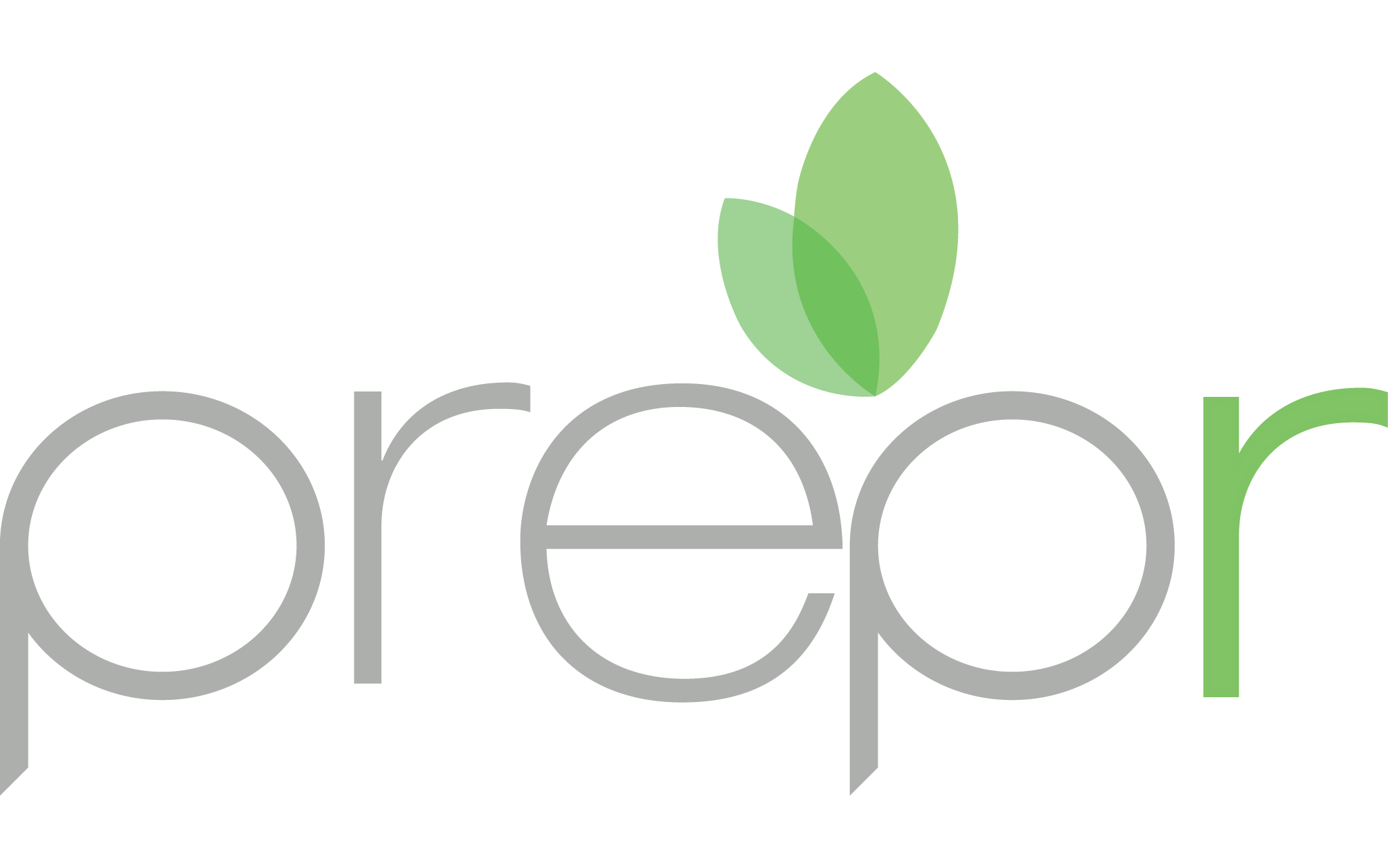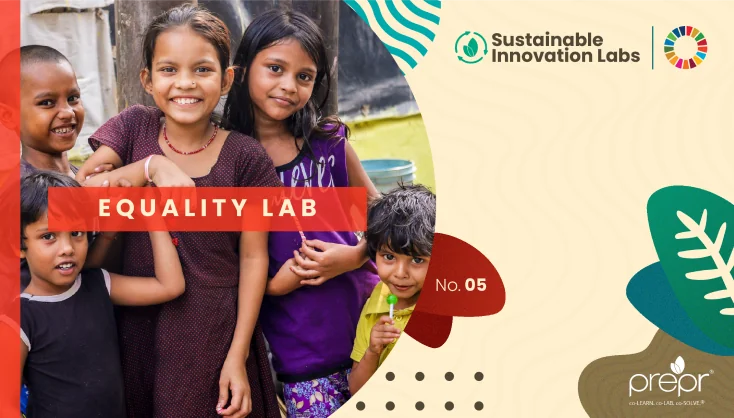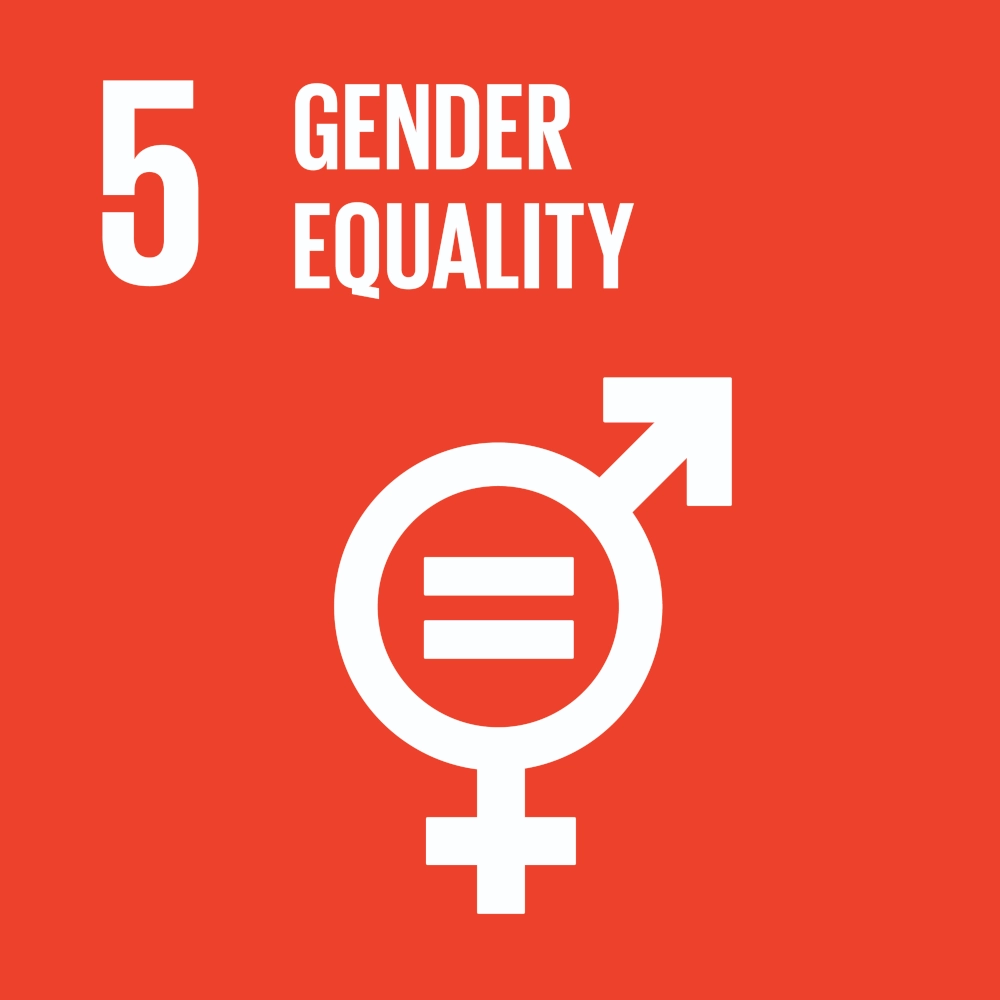Equality Lab
Gender equality is fundamental to the social and economic health of global communities. However, women around the world continue to face systematic barriers to decent work, education and healthcare.
Learn how your innovations can make a difference in these issues by joining the Equality Lab, part of Prepr’s Sustainable Innovation Lab series.






